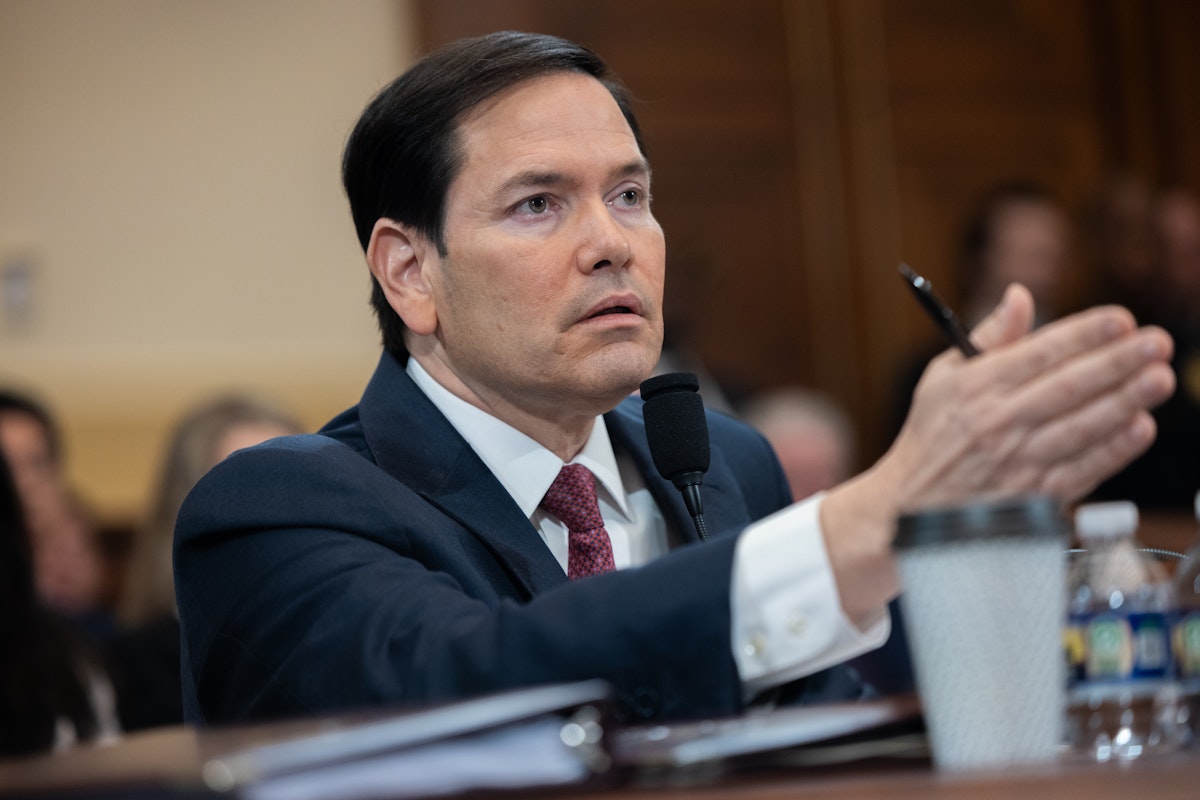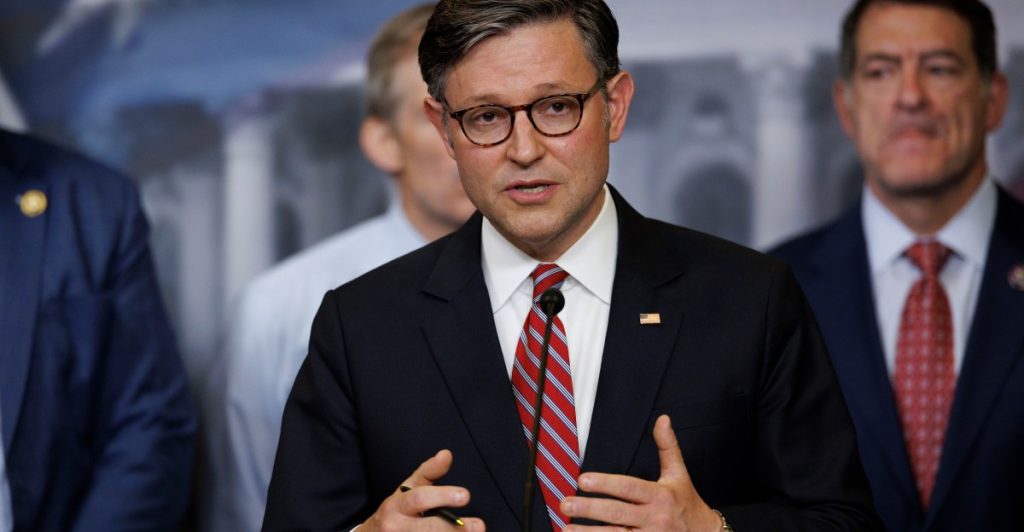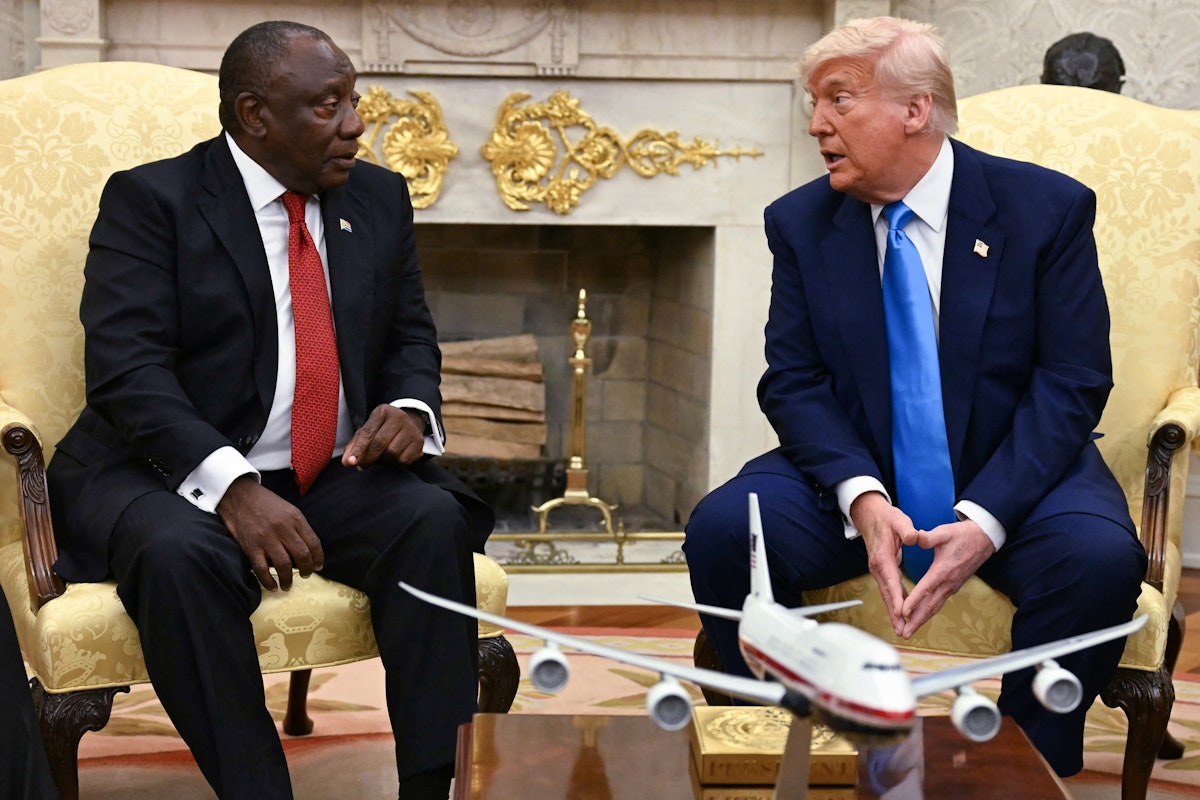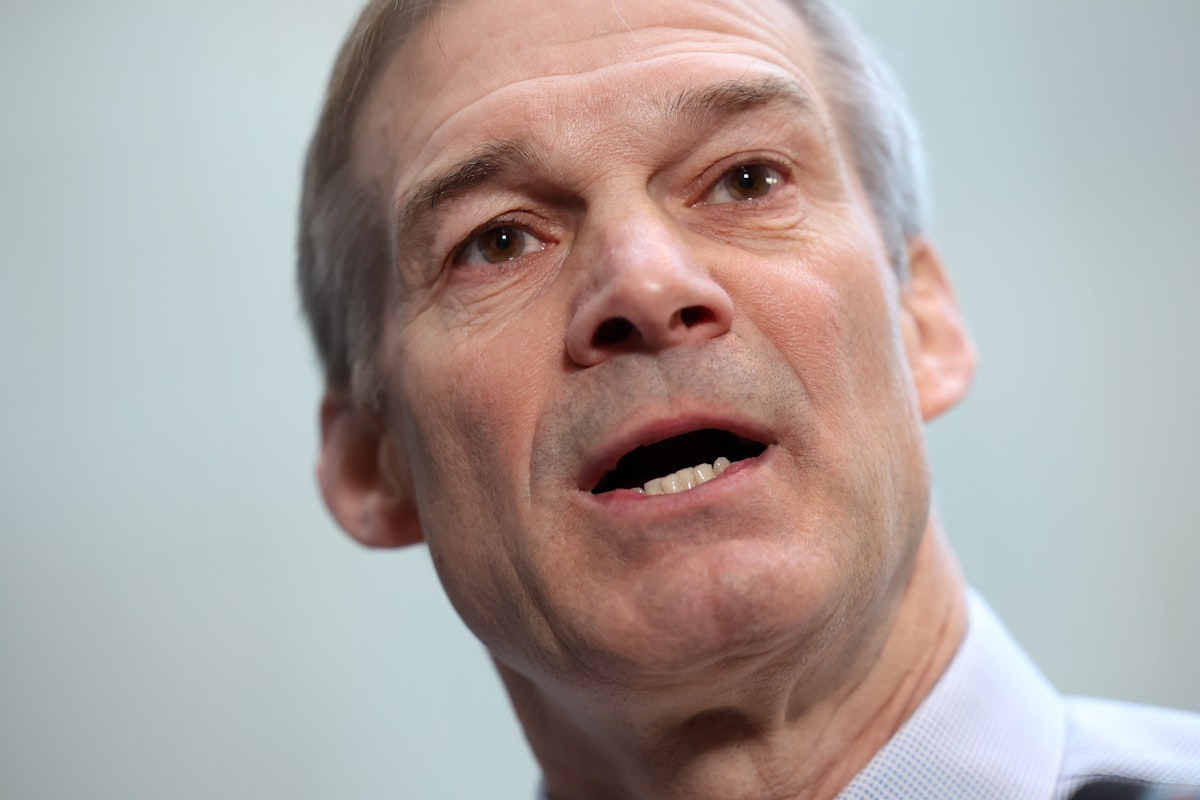Now Reading: Marco Rubio Makes Wild Claim About Trump’s Shady Business Deals
-
01
Marco Rubio Makes Wild Claim About Trump’s Shady Business Deals
Marco Rubio Makes Wild Claim About Trump’s Shady Business Deals

MAGA Republicans have shifted their stance on conflicts of interest, with a focus on Donald Trump’s business dealings rather than President Joe Biden’s alleged involvement in his son’s businesses in Ukraine and China. Marco Rubio, now serving as a joint national security adviser, defended Trump’s family business connections in the Middle East. However, California Representative Sara Jacobs raised concerns about potential conflicts of interest, citing Trump’s personal profit from deals with foreign governments. Despite Rubio’s defense, Jacobs pointed out that Trump’s business dealings in the Middle East involve active ownership and intertwining his image with his brands.
Trump’s extensive financial interests in the Middle East, particularly in the UAE, have raised questions about his business dealings, including real estate projects and investments in cryptocurrencies. The president’s acceptance of a luxury jet from Qatar has drawn criticism as a potential violation of the Constitution’s foreign emoluments clause. Moreover, Trump’s confrontation with South African President Cyril Ramaphosa over the issue of “white genocide” in South Africa has further fueled debates about his policies and actions.
The Trump administration has faced scrutiny over its decision to cancel climate change grants and its proposed budget bill, which could trigger significant cuts to programs like Medicare. Meanwhile, Trump’s ongoing feud with musician Bruce Springsteen has escalated, with the president posting a controversial meme targeting the rock star. Additionally, the administration’s attempts to expand its influence beyond traditional government agencies, such as the Environmental Protection Agency and the Corporation for Public Broadcasting, have faced pushback from various organizations and officials.
Despite opposition from within the Republican Party and concerns from the American public, Trump’s reconciliation bill, which includes Medicaid cuts to fund tax extensions, is being pushed through by conservative lawmakers. The bill’s impact on public services and tax breaks for the wealthy has sparked criticism from Democrats, who argue that it will harm working-class Americans. The bill’s potential consequences for Medicaid recipients and the national debt have raised alarms, highlighting the ongoing debate over the administration’s fiscal policies and priorities.






